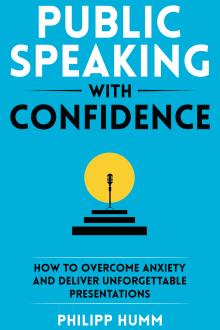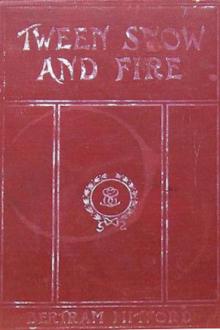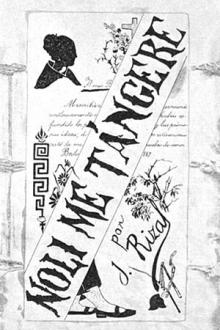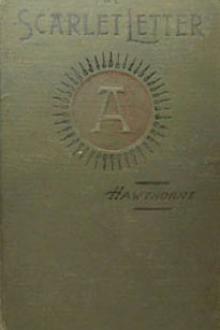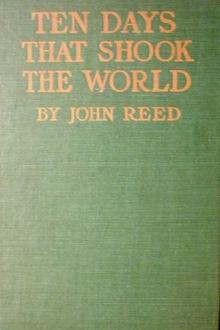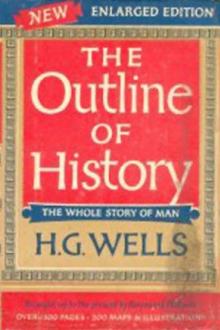Medieval Europe
Medieval Europe
Book Excerpt
dea of military
service as a national duty was so far forgotten, that Stilicho, when the
barbarians were actually in Italy, preferred the desperate measure of
enlisting slaves to the obvious resource of a general call to arms.
We find ourselves here confronted with a social malady which was more
than an economic weakness. The Empire was, no doubt, a complex and
expensive form of government superimposed upon a society which stood at
a rudimentary stage of economic development. Barbarous methods of
taxation and corrupt practices among the ruling classes had aggravated
the burden to such a degree that the municipalities of the provinces
were bankrupt, and the middle-class capitalist was taxed out of
existence. For this and other reasons the population of the older
provinces was stationary or declining. But there was still much wealth
in the Empire; and the great landowners of the provinces could raise
considerable armies among their dependants when they saw fit to do so.
The real evil was a moral evil, the decay
FREE EBOOKS AND DEALS
(view all)Popular books in History
Readers reviews
2.0
LoginSign up
This book was written by Professor Henry William Carless Davis (1874-1928) in 1911, so it is now in the public domain.
Although this book was written by a respected academic, I found this book to be too dated and not objective. There is too much personal opinion in it and that started to irritate me. The facts given in this book seem to be ok, so if you don't mind the reflections on morallity and Christianity, this book might be ok for you. At the bottom of this review I will copy a few lines, so you can see for yourself what I mean.
The contents of this book:
INTRODUCTION
I THE FALL OF THE ROMAN EMPIRE
II THE BARBARIAN KINGDOMS
III THE EMPIRE AND THE NEW MONARCHIES (800-1000 A.D.)
IV FEUDALISM
V THE PAPACY BEFORE GREGORY VII
VI THE HILDEBRANDINE CHURCH
VII THE MEDIEVAL STATE
VIII THE EXPANSION OF EUROPE--THE CRUSADES
IX THE FREE TOWNS
NOTE ON BOOKS
Sample from this book, from the first chapter, pages 4 and 5:
[...]
We do not mean that the ethics of private life had deteriorated from the
standard of the past. This is incredible when we remember that
Christianity was now the all but universal religion of the Empire; for
Christianity, at its worst and weakest, laid more stress upon ethical
duties, in the narrower sense, than any of the older religions. The
provincial was a more moral being than the Goth or the Vandal. It is a
mere superstition that every victorious race is chaste and frugal, just
and law-abiding; or that ill success in the struggle for existence is a
symptom of the contrary vices.
[...]
When the natural leaders of society avow that they despair of the future, fatalism
spreads like a contagious blight among the rank and file, until even
discontent is numbed into silence. Nor does the evil end here. The
idealists pay for their contempt of the real, not merely with their
fortunes and their lives, but, worse still, with their intellectual
patrimony. Just as a government deteriorates when it is no longer tested
by continual reference to principles of justice, so a Utopia, however
magnificent, fades from the mind of the believer when he ceases to
revise it by comparison with facts, when it is no longer a reply to the
problems suggested by workaday experience.
[...]
Although this book was written by a respected academic, I found this book to be too dated and not objective. There is too much personal opinion in it and that started to irritate me. The facts given in this book seem to be ok, so if you don't mind the reflections on morallity and Christianity, this book might be ok for you. At the bottom of this review I will copy a few lines, so you can see for yourself what I mean.
The contents of this book:
INTRODUCTION
I THE FALL OF THE ROMAN EMPIRE
II THE BARBARIAN KINGDOMS
III THE EMPIRE AND THE NEW MONARCHIES (800-1000 A.D.)
IV FEUDALISM
V THE PAPACY BEFORE GREGORY VII
VI THE HILDEBRANDINE CHURCH
VII THE MEDIEVAL STATE
VIII THE EXPANSION OF EUROPE--THE CRUSADES
IX THE FREE TOWNS
NOTE ON BOOKS
Sample from this book, from the first chapter, pages 4 and 5:
[...]
We do not mean that the ethics of private life had deteriorated from the
standard of the past. This is incredible when we remember that
Christianity was now the all but universal religion of the Empire; for
Christianity, at its worst and weakest, laid more stress upon ethical
duties, in the narrower sense, than any of the older religions. The
provincial was a more moral being than the Goth or the Vandal. It is a
mere superstition that every victorious race is chaste and frugal, just
and law-abiding; or that ill success in the struggle for existence is a
symptom of the contrary vices.
[...]
When the natural leaders of society avow that they despair of the future, fatalism
spreads like a contagious blight among the rank and file, until even
discontent is numbed into silence. Nor does the evil end here. The
idealists pay for their contempt of the real, not merely with their
fortunes and their lives, but, worse still, with their intellectual
patrimony. Just as a government deteriorates when it is no longer tested
by continual reference to principles of justice, so a Utopia, however
magnificent, fades from the mind of the believer when he ceases to
revise it by comparison with facts, when it is no longer a reply to the
problems suggested by workaday experience.
[...]
- Upvote (0)
- Downvote (0)
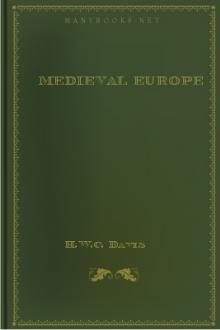
 Free Download
Free Download







